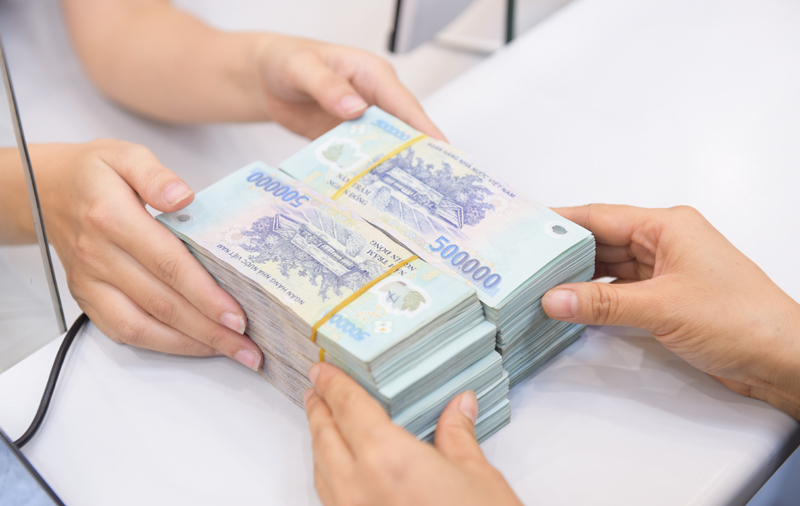Hanoi tax revenue from e-commerce surges by five times
Increasing online shopping has resulted in higher tax revenue.
The amount of tax collected from e-commerce activities in 2020 was five times higher than in 2019, as online shopping has become more popular among Hanoi’s consumers, according to the Hanoi Tax Department.
| Hanoi tax revenue from e-commerce surges by five times in 2020. Photo: Cong Hung |
The city earned a VND123 billion (US$5.3 million) tax revenue from e-commerce last year. Some individuals willingly declared their earnings and paid millions of dollars in personal income taxes.
Last year, the tax authorities have tightened supervision over e-commerce activities in accordance with the amended Law on Tax Administration, which requires individuals doing business via internet to declare income and pay tax. The law took effect on July 1, 2020.
A 28-year-old girl, in Cau Giay district, declared an income of VND330 billion (US$14.4 million) and paid VND23.4 billion (US$1 million).
A man, 30 years old, in Cau Giay district, earned VND260 billion (US$11.3 million) from writing applications for Google Play and App Store, and paid tax of VND18.1 billion (US$787,342).
“Online selling has developed well in recent years. Among online businesses, a lot of young individuals, especially students have also applied technology to do business, profited from the model and paid a huge amount of tax,” Director of the Tax Sub-Department of Cau Giay district Le Quang Hung said. “In this difficult context, it is a great contribution of taxpayers to the socio-economic development of the city.”
This year, the municipal Tax Department continues to coordinate with commercial banks and trading platforms to collect data and instruct e-commerce operators to fulfill their tax obligations, Director of the Hanoi Tax Department Mai Son said.
The department will also enhance the supervision of income for better tax collection. The law stipulates that credit institutions and commercial banks should provide information about taxpayers’ accounts to the taxation department.
In 2017, the department sent 13,000 messages to subscribers who posted physical addresses for selling goods on social media. As the result, more than 2,000 traders on social networks have registered for tax filing.












